Tito Mboweni, who served as governor of the central bank for a decade between 1999 and 2009 became the nation's eighth finance minister of the democratic era. (Gallo)
Former Reserve Bank governor Tito Mboweni was sworn in as South Africa’s latest finance minister on Tuesday afternoon, after President Cyril Ramaphosa accepted the resignation of Nhlanhla Nene.
Nene had submitted his letter of resignation on Tuesday morning, following his testimony to the commission of inquiry into state capture, where he revealed he had met with members of the Gupta family several times between 2010 and 2014. He had not previously disclosed the meetings.
Ramaphosa, in a short address to reporters at Tuynhuys in Cape Town, said he accepted Nene’s resignation after considering his testimony at the inquiry, and Nene’s belief that “developments around his testimony will detract from the important task of serving the people of South Africa”.
“It is a measure of his character and his commitment to the national interest that he has taken this decision to resign in the wake of errors of judgment, even though he has not been implicated in acts of wrongdoing,” said Ramaphosa.
Mboweni, who served as governor of the central bank for a decade between 1999 and 2009 became the nation’s eighth finance minister of the democratic era.
Here are the seven finance ministers who preceded Mboweni since 1994, including the two who twice filled the role.
Derek Keys
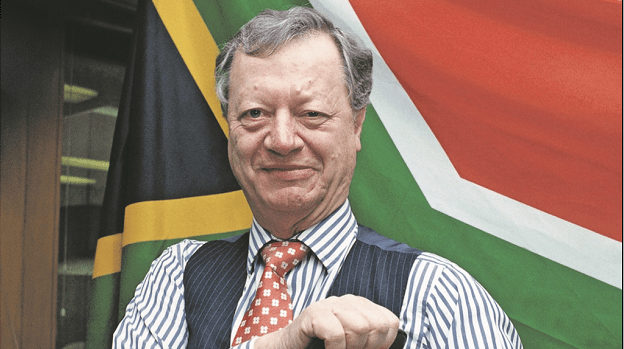
Derek Keys was known for serving as finance minister in South Africa’s transitional government from 1992 to September 1994, when he stepped down. Appointed finance minister by FW de Klerk, he was retained by President Nelson Mandela in his first cabinet to, as the New York Times put it at the time, “bolster business faith in majority rule”. He passed away earlier this year at the age of 85.
Chris Liebenberg
Chris Liebenberg replaced Keys and served as finance minister between September 1994 and April 1996. He took on the position after having retired as Nedbank (formerly Nedcor) CEO. The latest publicly available information about him shows that he resigned as Nedcor chairperson in 2003. Liebenberg is 84 years old.
Trevor Manuel
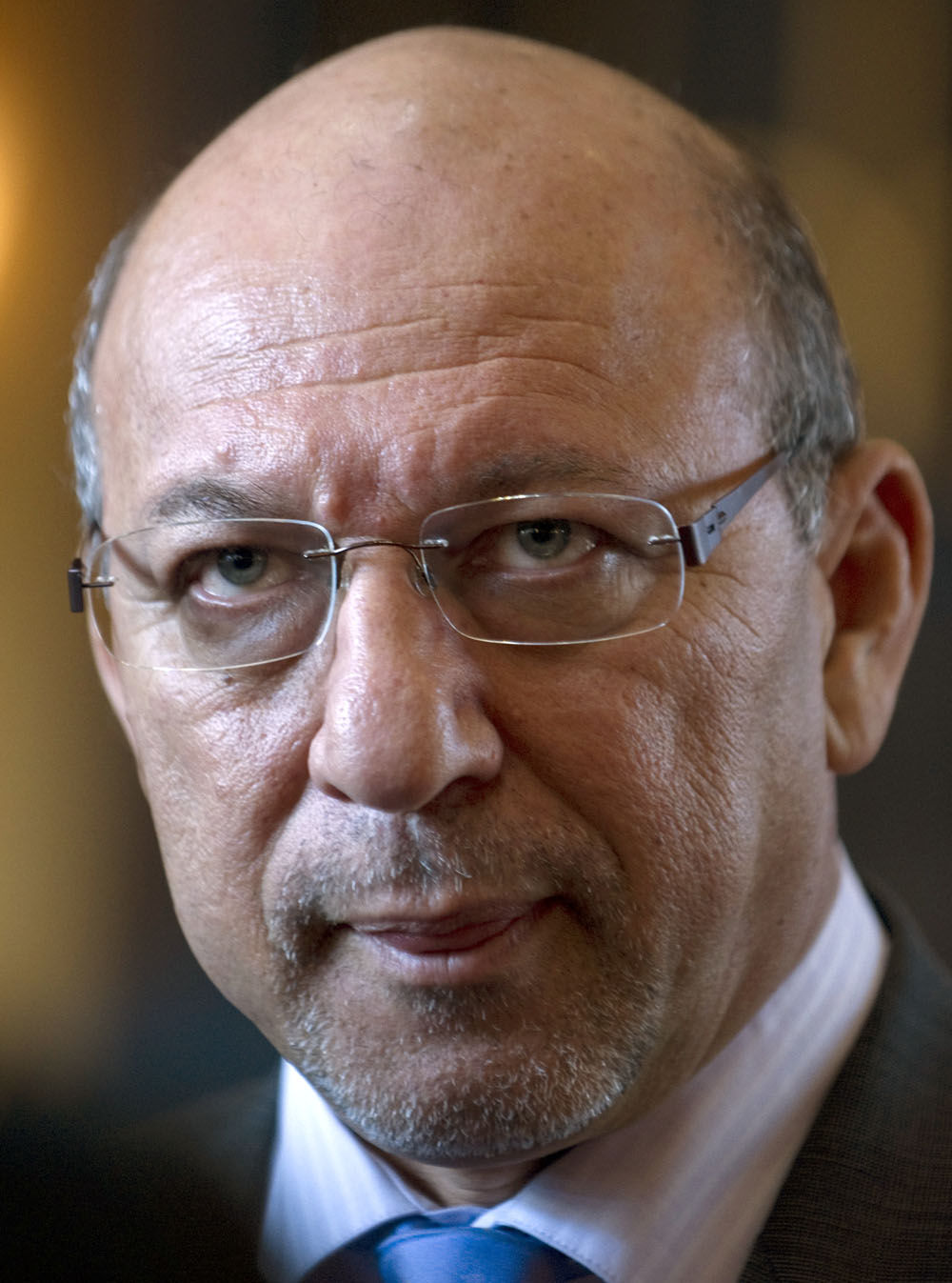
Trevor Manuel is currently the deputy chairperson of Rothschild Group, having held the position since October 2014. Manuel is also the chairperson of Old Mutual Emerging Markets and has held this position since March 2017.
Before his stint in the private sector, Manuel served the government for more than 20 years. He held the position of trade and industry minister from May 1994, before being appointed finance minister, a position he held between 1996 and 2009.
Ramaphosa recruited Manuel as one of his four investment envoys tasked with engaging domestic and foreign investors on economic opportunities in South Africa as part of the president’s efforts to attract R1.2-trillion in investment.
Pravin Gordhan
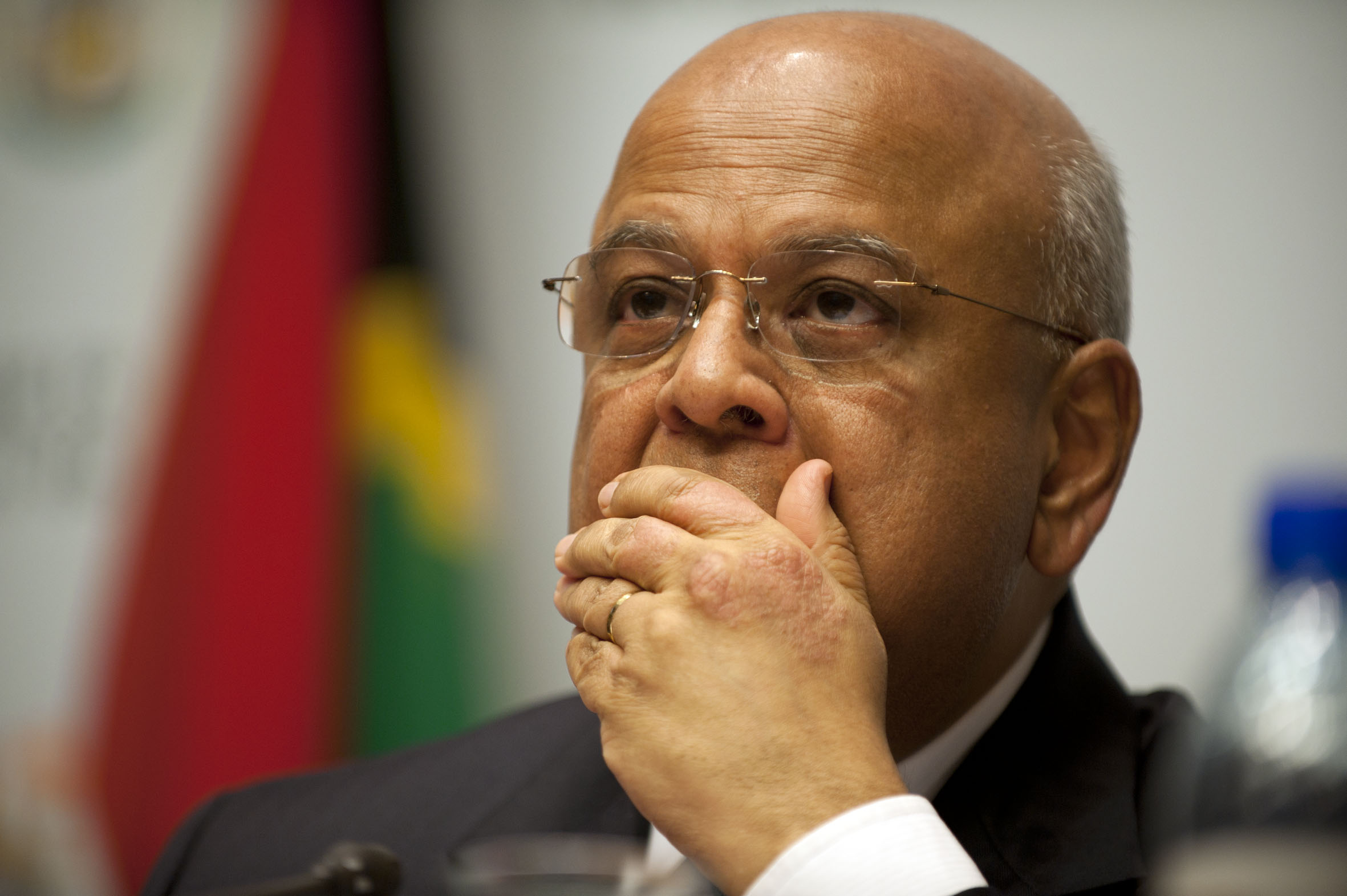
Pravin Gordhan was appointed finance minister by former president Jacob Zuma in May 2009. He held the position until 2014, when he was appointed as minister of cooperative governance and traditional affairs.
Gordhan was then reappointed as finance minister, taking over from Des van Rooyen, whose appointment caused market jitters in 2015. During this term Gordhan faced opposition, having been summonsed to appear before court by the National Prosecuting Authority on a charge related to the early retirement of former deputy commissioner of the South African Revenue Service, Ivan Pillay.
KPMG’s report on the so-called Sars rogue unit had also implicated Gordhan, but the auditing firm last year announced that its conclusion that the minister ought to have known about the rogue unit could not be relied upon. This report has arguably been perceived to have been instrumental to Gordhan’s sacking in another one of Zuma’s Cabinet reshuffles in March 2017.
Gordhan’s services have been called on once again by President Cyril Ramaphosa, this time as public enterprise minister. He has announced changes to state entities in his portfolio, starting with a clean-up of boards, and mandating the newly appointed board members across the entities to root out corruption, stabilise the entities and chart a sustainable way forward.
This comes after years of state entities being used to enable state capture, as was heard during the portfolio committee on public enterprises’ inquiry into Eskom.
Gordhan was himself a member of the portfolio committee.
Nhlanhla Nene
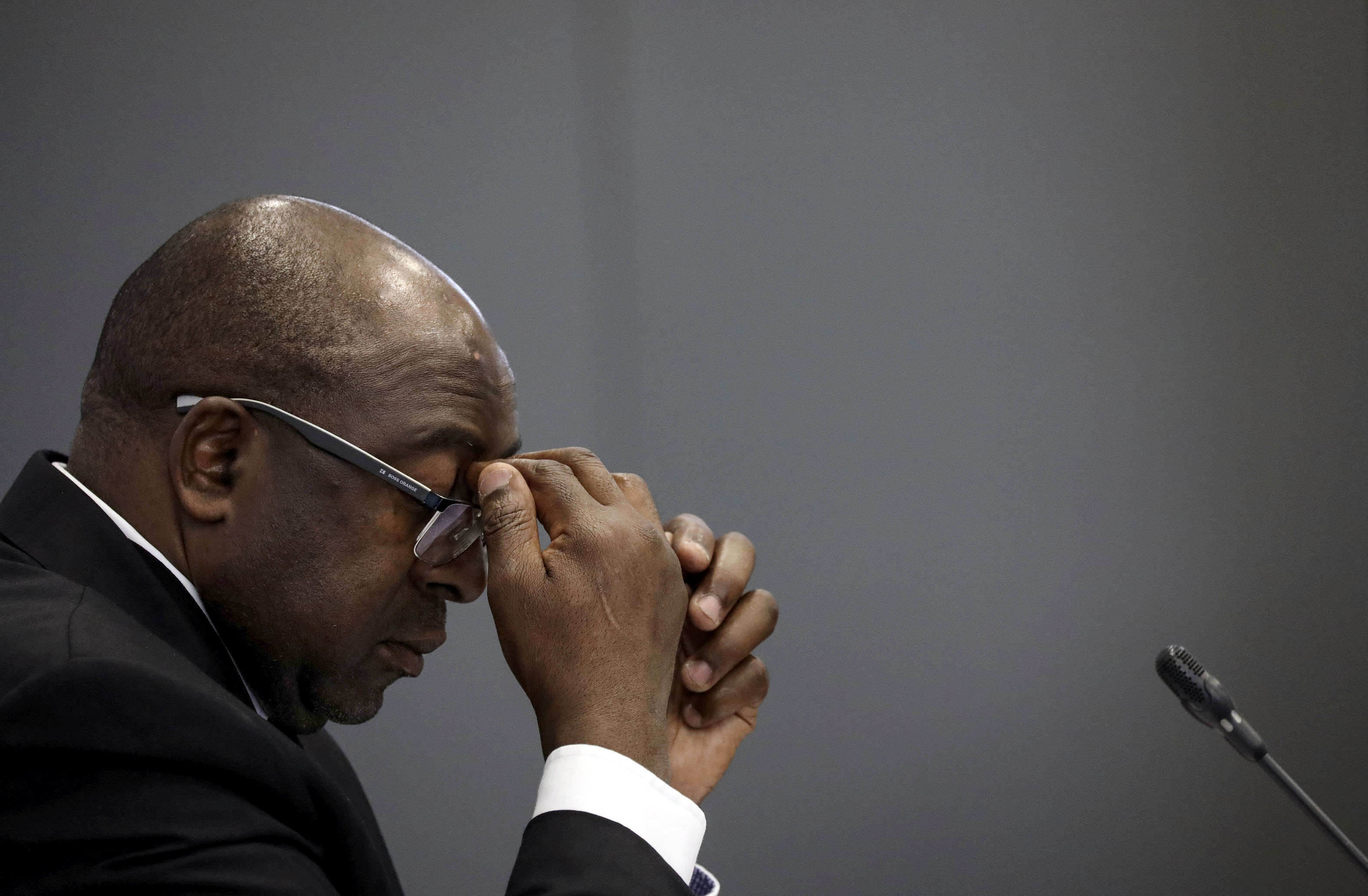
Nhlanhla Nene first became finance minister in 2014 when he took over from Gordhan. He had previously been deputy minister.
He was then abruptly removed in December 2015, due to his decision not to approve a nuclear deal with Russia — which he revealed during his testimony to the State Capture commission. At the time, Zuma said Nene would be deployed to a position at the Brics Bank. Nene eventually was appointed as chairperson of the board of governors of the New Development Bank, in May 2018.
Ramaphosa brought Nene back in February 2018, when he took over from Malusi Gigaba.
It is not known what Nene will do next, but after having left government the first time, he spent time farming cabbages, and served as non-executive director to the Allan Gray board.
Des van Rooyen
 In a shock move, which was such a big surprise to the market the rand dropped to record low levels, Zuma parachuted in ANC MP Des van Rooyen.
In a shock move, which was such a big surprise to the market the rand dropped to record low levels, Zuma parachuted in ANC MP Des van Rooyen.
But he came in as quickly as he left and did not hold onto the position for longer than three days. His term has since been referred to as a “weekend special”. It appears that Zuma buckled under public pressure, and swapped van Rooyen out with Gordhan, who was COGTA minister at the time.
He remained in this position until February 2017, when Ramaphosa replaced him with Zweli Mkhize. Van Rooyen is still an ANC MP.
Malusi Gigaba
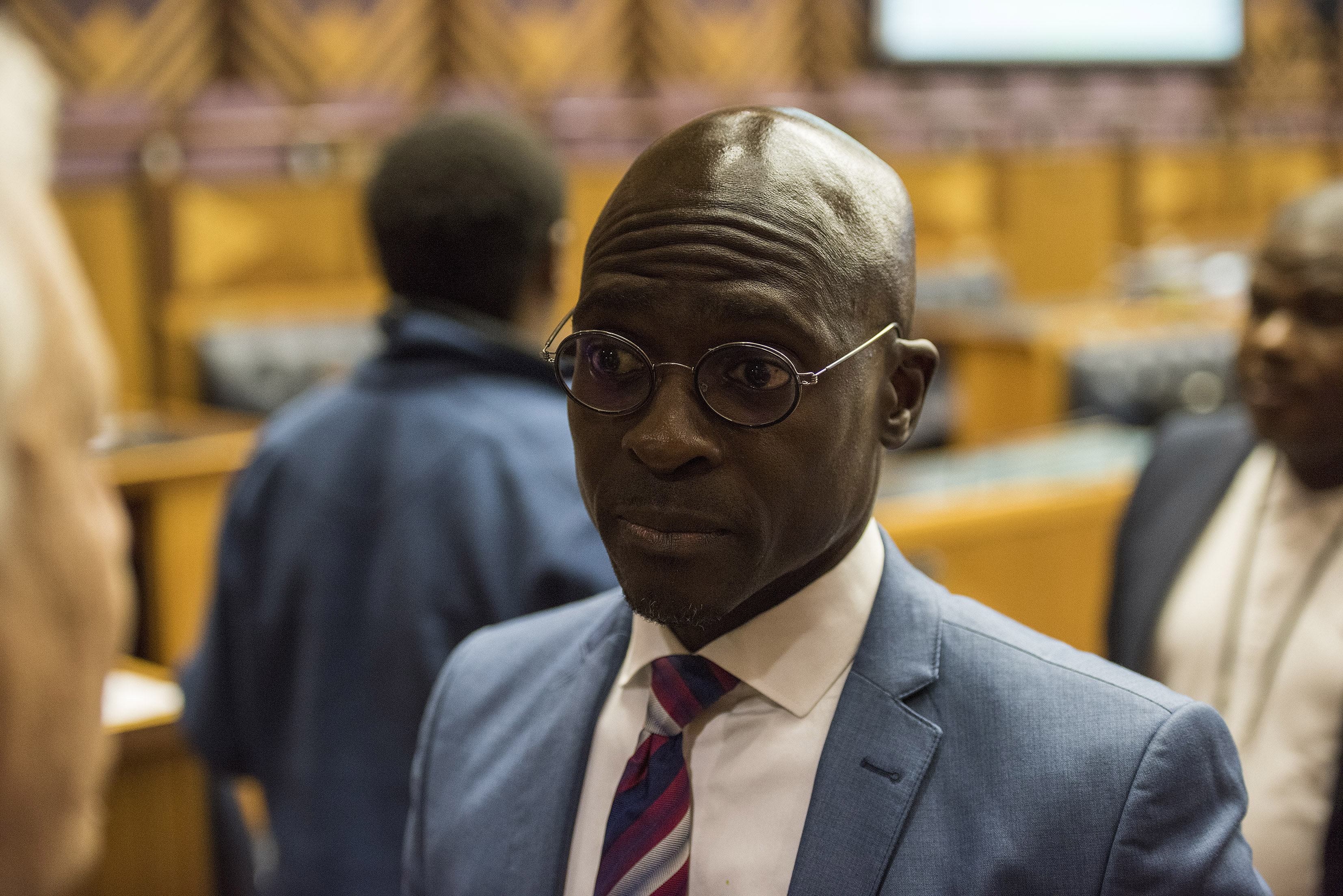
At another Cabinet reshuffle in March 2017, Malusi Gigaba was brought in from the department of Home Affairs, to replace Gordhan.
His expertise was questioned by journalists upon his appointment, which he defended. But Gigaba and his deputy, Sfiso Buthulezi, could not stave off the downgrades of SA’s investment rating to junk by both S&P and Fitch, just days later.
Gigaba returned to Home Affairs in Ramaphosa’s first Cabinet reshuffle, which followed shortly after he was elected SA president.
Gigaba was Home Affairs minister when the Guptas were naturalised. There is inquiry underway into their naturalisation. — Fin 24
Picture credits: David Harrison/M&G and Gallo Images